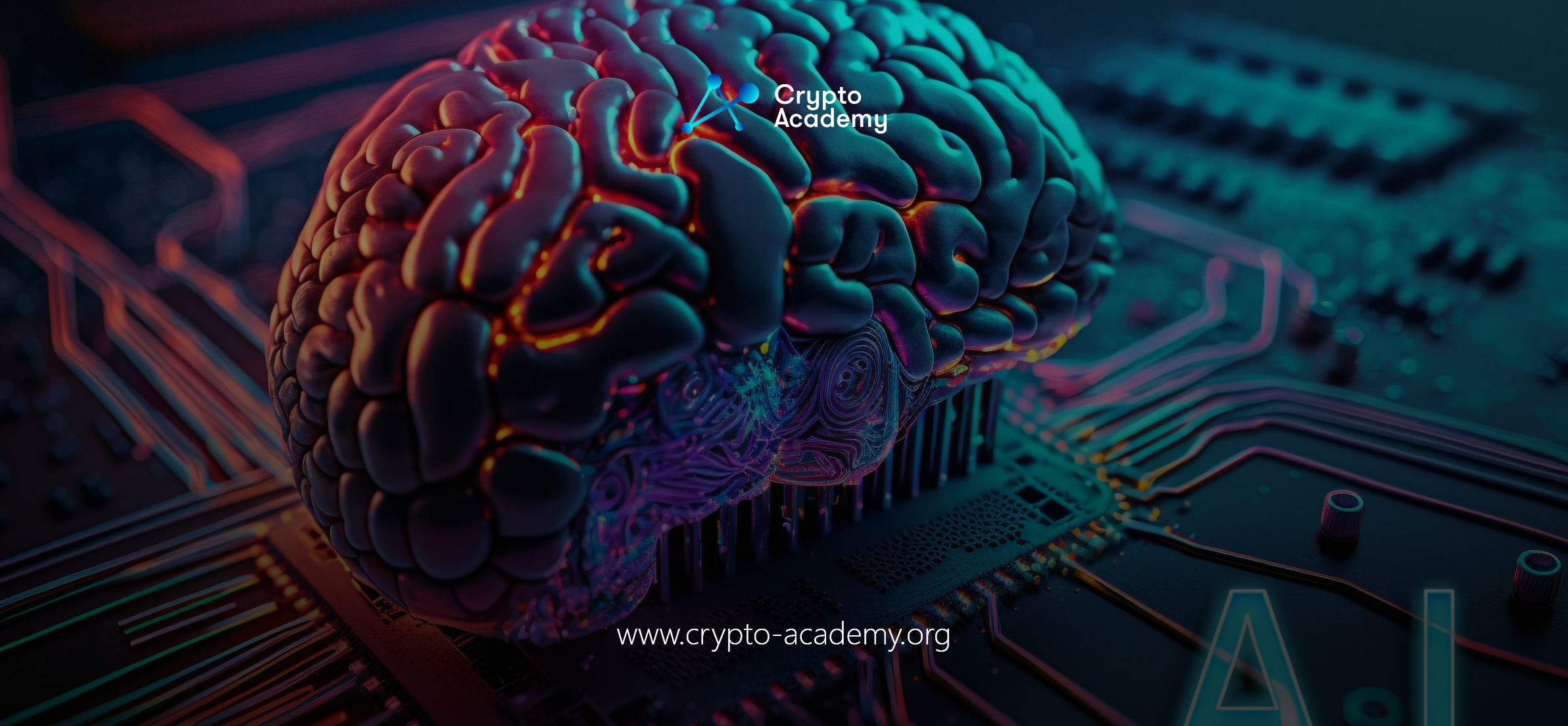2023 marked a pivotal year in AI with major advancements, regulatory efforts, cultural impact, and notable controversies.
2023 stands out as a landmark year in the realm of artificial intelligence (AI), leaving a lasting impression on global consciousness. AI advancements, once a domain of tech aficionados, have now permeated every household, indicating a pivotal shift in technology usage. This guide delves into the most critical AI milestones of the year, reflecting on developments, regulations, cultural impacts, and the controversies that shaped the AI landscape.
AI Developments and Key Players
The journey of AI’s surge in popularity can be traced to OpenAI’s launch of ChatGPT in late 2022. ChatGPT, a sophisticated AI chatbot, became a global phenomenon, attracting around 100 million weekly users in 2023. This surge in popularity was a key driver in OpenAI’s revenue jump from $28 million in 2022 to an astonishing $1 billion in 2023.
March 2023 saw the introduction of ChatGPT 4, OpenAI’s most advanced model, rumored to operate on 1.76 trillion parameters. This release sparked a competitive race among tech giants to develop superior AI models. Google’s response was Bard, an AI based on its LaMDA, PaLM, and ultimately the Gemini models. Meta unveiled Llama 2, while Microsoft introduced an AI feature in its Bing and Edge browsers, later rebranded as Copilot. Anthropic, a rising star in the AI field, launched Claude and its successor, Claude 2, backed by significant investments, including a notable $2 billion from Google.
The AI market, as per Statista, is projected to reach $241.8 billion by the end of 2023, with an expected growth rate of 17.3% annually through 2030.
Regulation: A Global Perspective
Regulation trails innovation, and AI is no exception. The European Union led the way with the EU AI Act, setting rules for AI usage in biometric surveillance and large AI systems like ChatGPT. Despite its pioneering efforts, the EU faced criticism for potentially stifling innovation with stringent regulations.
In contrast, the United States approached AI regulation more cautiously. The Biden Administration issued an executive order in October, focusing on AI safety and ethical usage within government sectors. Meanwhile, China moved swiftly, introducing regulations in April and further refining them to promote local AI development.
Globally, efforts to govern AI expanded. The United Nations launched an initiative for AI governance, the United Kingdom hosted the first-ever AI Safety Summit, and the G7 countries agreed on an AI code of conduct.
AI in Arts and Culture
AI’s influence extended beyond technical realms into arts and culture. AI-generated tools like Midjourney and OpenAI’s Dall-E saw significant upgrades. Meta introduced AI-powered tools for video and image editing on its platforms.
The music industry experienced a notable transformation with AI. Grimes, a prominent musician, announced a 50% royalty split with creators using her vocals for AI-generated music, launching elf.tech for legal voice replication. This move sparked debates about artists’ rights and AI’s role in music creation. The Grammys set rules for AI-generated music nominations, highlighting the blend of AI and traditional creativity.
Clashes and Controversies
With AI’s rise came inevitable controversies. Copyright infringement lawsuits targeted major AI developers like Google, Meta, Microsoft, Anthropic, and OpenAI. Google faced a class-action lawsuit over privacy rights and AI data usage.
A significant corporate shakeup occurred at OpenAI when CEO Sam Altman was briefly ousted and then reinstated, causing a stir within the AI community. Google’s release of its Gemini model stirred controversy over its promotional content, highlighting the challenges of managing AI hype.
The proliferation of AI-generated deep fakes also raised concerns, with a reported tenfold increase in their use across industries in 2023. These developments underscored the need for ethical considerations in AI’s advancement.

